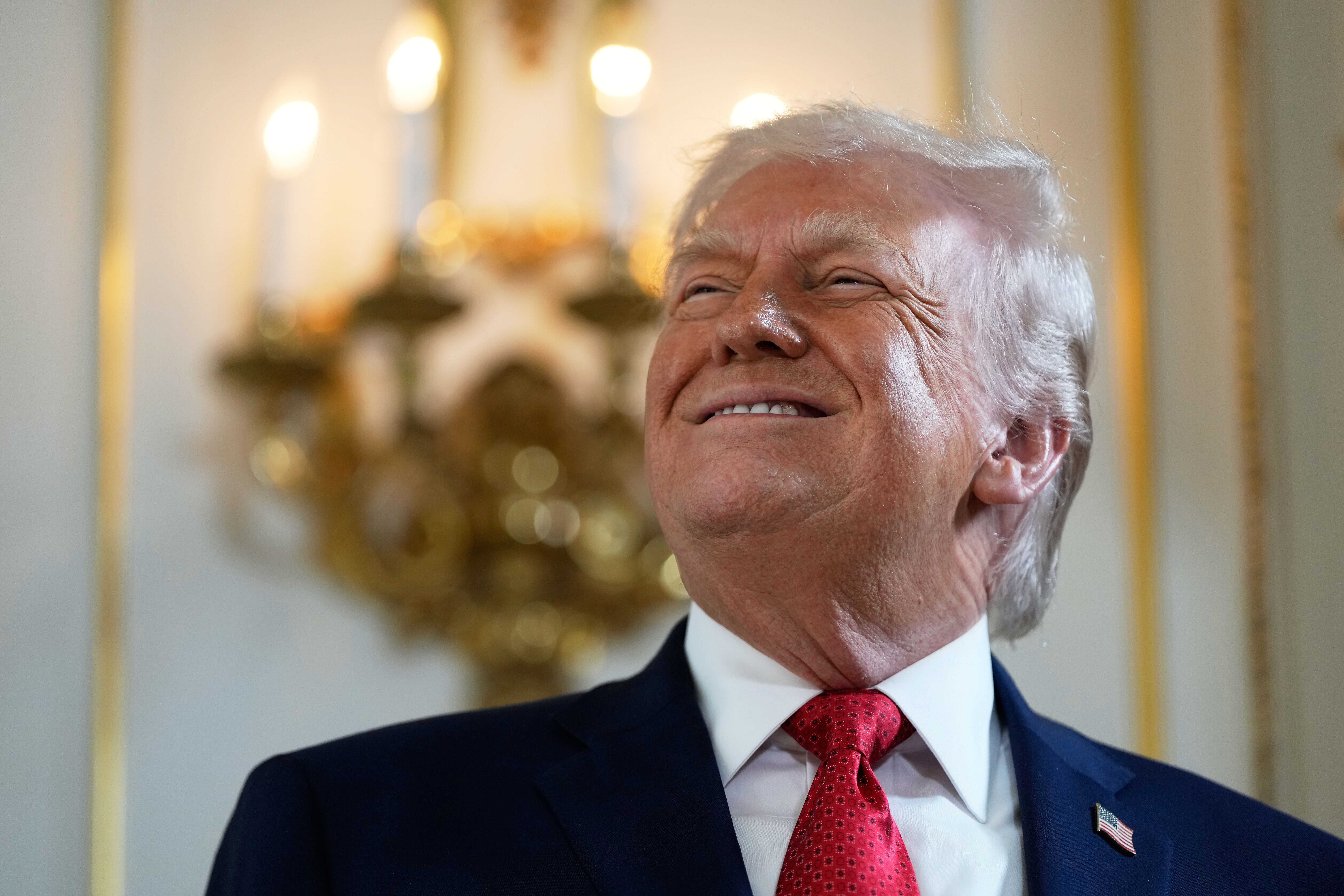More than 3 million people around the world die each year from diseases stemming from unsafe water supplies.
One critical factor is lack of knowledge about safe water practices in developing countries. A book being developed that not only instructs, but also filters clean water through its pages could prove transformative.
Researchers from Carnegie Mellon University and the University of Virginia are working with the organization WATERisLIFE on what they call "The Drinkable Book."
Silver nanoparticles in its pages kill 99.9 percent of contaminants, according to the Carnegie Mellon researcher who developed the technology. That would make the water comparable to U.S. tap water.
Instructions on how to treat water, trash and human waste are written in the native language of wherever it's implemented, in ink that's safe to ingest.
According to the researchers, each page can filter around 26 gallons of water, with a whole book providing four years' worth of drinking water for one person.
The World Health Organization estimates giving the entire world access to clean water would cost around $22 billion per year.
A "Drinkable Book," however, reportedly costs pennies to make. Researchers say they've successfully field tested the filter paper in Ghana, Haiti and Kenya, and they are currently waiting for patent approval.
This video includes images from Getty Images.










